One of the most asked and debated questions in the cinephile community is “What movies should I own in my DVD collection?” It’s a question I’ve asked myself, so I did as any writer does and decided to make my own list of essential movies one should have in their DVD collection. Notice the words ‘dvd collection’; I’m talking hard copies here. And it’s worth mentioning that these are not the only five movies one should have in your collection; nor is it in any way saying you have to own all five.
My aim with this series is to hopefully introduce you to some films you may never have heard of or, even better, cause you to reevaluate the ones you have seen. Lists are useful for helping broaden one’s base of knowledge, organizing one’s thoughts, and starting a discussion, after all.
Each entry in this article series will revolve around a specific genre or topic. Because (thankfully) movies are constantly being made, I had to set a cut-off date. What I consider The Essentials will be made up of films released before 2015.
These are the top five comedies that I think are essential to your collection. Comedies are difficult to critique simply because what is funny to me is not funny to you. Keep in mind that if a film is left off, it does not mean I don’t think it valuable or funny. Mel Brooks and Jacques Tati are not on here, and I would never argue that they are not essential.
Again, these are not all the essential movies, just some of them.
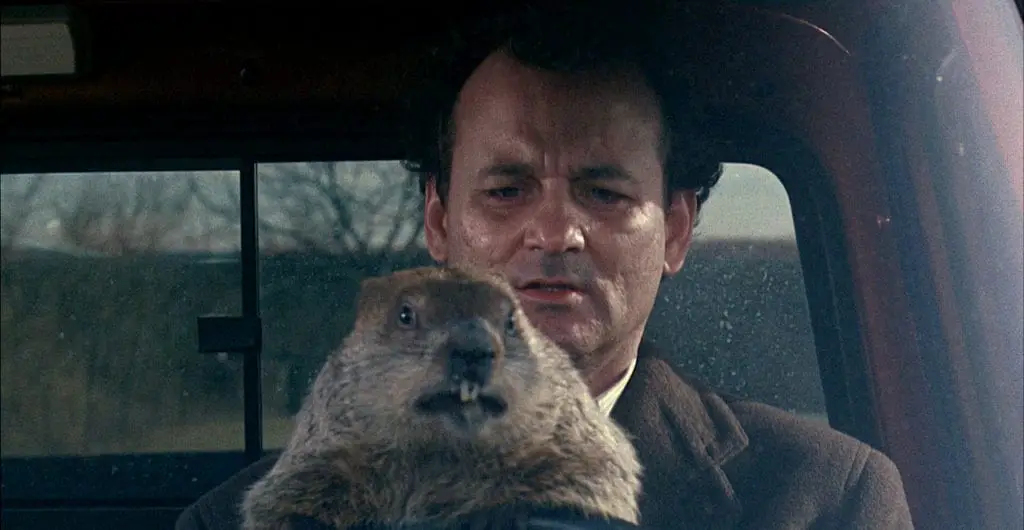
Groundhog Day (1993) – Harold Ramis
Groundhog Day is, in many ways, one of the more perfect comedies ever made. It’s also one of the best romantic comedies ever made. It’s also a perfect example of a movie being deeper than it first appears. Either by accident or design Harold Ramis and Danny Rubin’s screenplay hints at, explores, and illustrates essential moral, philosophical tenants in such a way it’s easily missed upon the first couple of viewings. Lines like “I’ve killed myself so many times I don’t even exist anymore.” or my favorite “I’ve come to the end of me, Rita. There’s no way out.”
Billy Murray, “Plays the perfect bastard.” as Roger Ebert once noted. An egotistical weatherman who becomes trapped in his own personal Punxsutawney purgatory; inexplicably relieving the same day over and over. His early attempts to bed his producer Rita (Andie MacDowell) fail miserably. As each day repeats itself, time becomes abstract, and Phil begins to question not just mortality but his own morality. He becomes a better version of himself, and that’s the version Rita begins to fall for.
The ending is wonderful in its ambiguity. It has the appearance of being a nice and tidy crowd-pleasing Hollywood ending. But much like the movie itself, there’s a possibility there’s more than meets the eyes. Groundhog Day is the rare comedy that’s hilarious, moving, and thought-provoking.
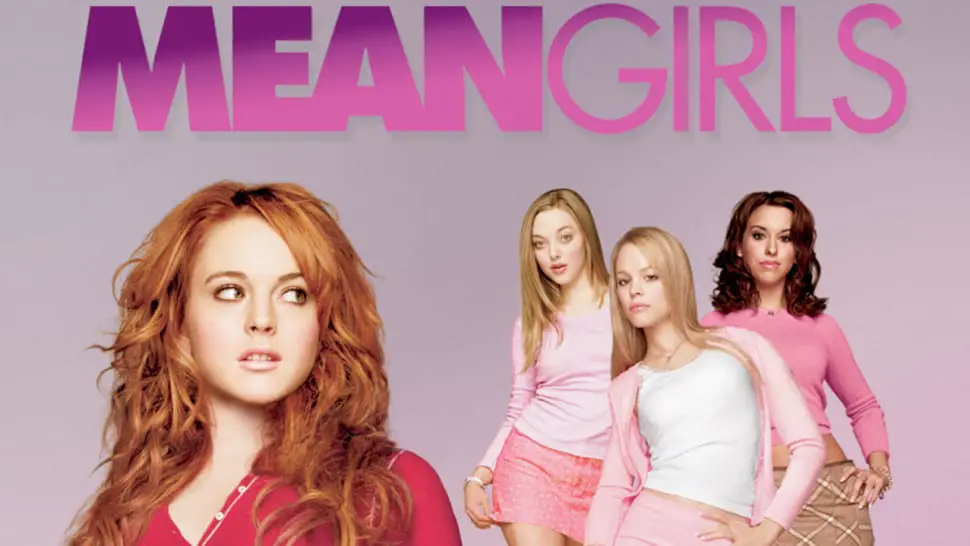
Mean Girls (2004) – Mark Waters
Mean Girls is a sharply written comedy about girls coming of age in high school. It’s also one of the more transformative and lasting comedies made in the last two decades. So much of the movie has entered the popular consciousness that many people can cite it or quote it without having ever seen a frame of it.
Cady (Lindsay Lohan) is the new girl at school. She soon befriends a couple of outcasts Janis (Lizzy Caplan) and Damian (Daniel Franzese). Together they plot the downfall of The Plastics, a trio of the most popular girls who rule the school: Gretchen (Lacey Chabert), Karen (Amanda Seyfried), and Regina (Rachel McAdams). Of course, anyone who’s ever seen a spy movie knows Cady begins to lose herself as she more and more is drawn into the mind games and gossip wars with The Plastics.
It’s Heathers mixed with Clueless and yet it’s still wholly original. This is because Tina Fey grounds the characters and the comedy. There are flashes of her trademark surrealism such as Mr. Duvall (Tim Meadows) ripping off his shirt during a school riot. But Cady, Regina, Janis, and the rest are richly drawn characters. The Plastics start off as the villains of the piece until ultimately it’s revealed there are no villains. They’re just teenagers. Maybe that’s why Mean Girls has endured; it’s about teenagers not the idea of teenagers.
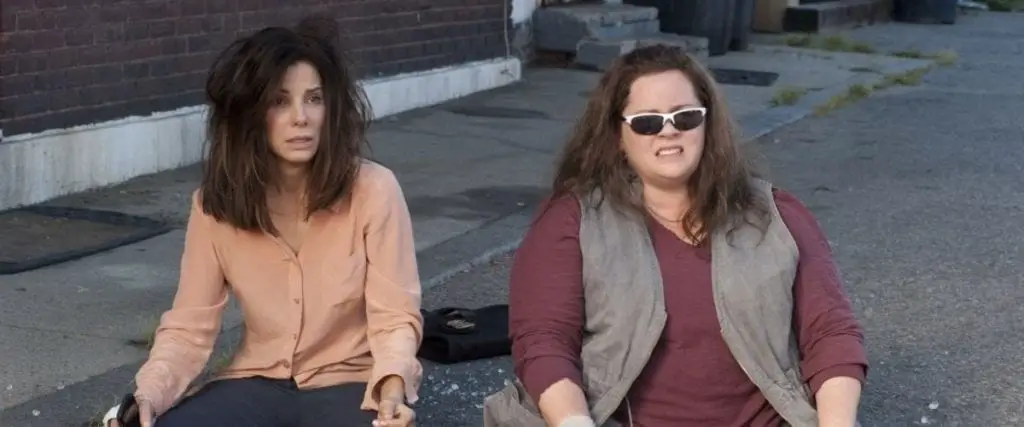
The Heat (2013) – Paul Feig
The Heat is hilarious. It’s the type of funny that I really can’t tell you why I laughed. I just did. Like Groucho Marx sitting on the balcony of the opera and saying “Boogedy Boogedy!”. Sometimes funny is just funny. There’s nothing particularly new about The Heat, a buddy cop odd-couple comedy, but it never feels tired or forced.
Agent Ashburn (Sandra Bullock) is the straight-laced by the book FBI agent. While Detective Mullins (Melissa McCarthy) is the disorganized slob, who doesn’t remember when she last saw the book. Paul Feig and his screenwriter Katie Dippold allow McCarthy and Bullock to riff of each other. The two have gangbuster chemistry. McCarthy is like Lucille Ball and Jerry Lewis rolled into one as she barrels through the movie. Bullock doesn’t play the straight woman so much as a dry tense coiled spring. McCarthy is constantly bursting where Bullock is always just about too.
The Heat never pretends to be anything other than what it is. It’s as pure a comedy as you’re likely to see in a while. Sometimes a movie doesn’t need to be about something; sometimes they just need to be great at what they’re trying to do.
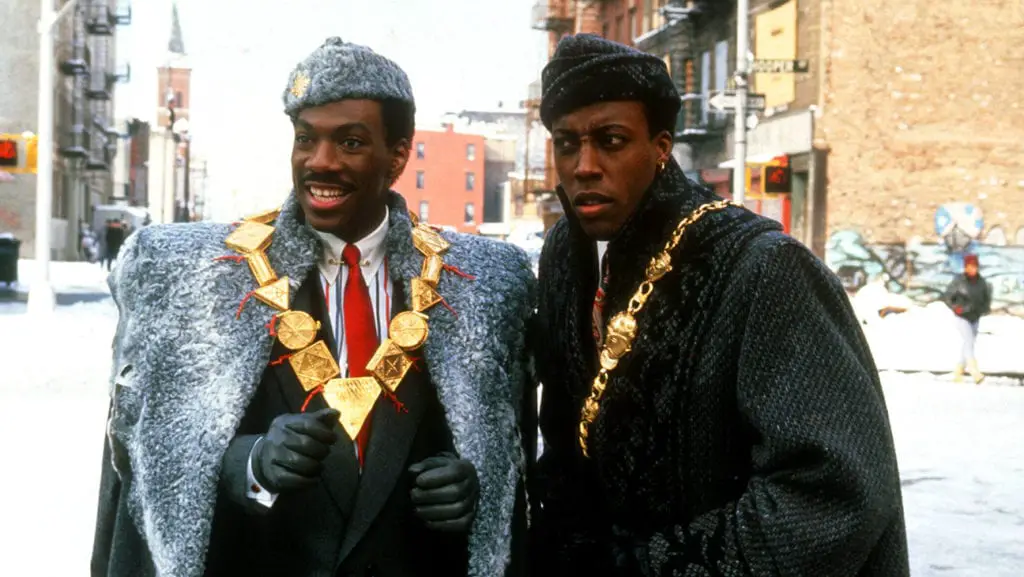
Coming To America (1988) – John Landis
Eddie Murphy co-wrote and starred in what remains one of the seminal comedic classics of our time. Coming To America was and is a reminder of the immense talent and imagination of Eddie Murphy. Landis may have directed it but this is Murphy’s baby from start to finish.
The notion of African royalty coming to America only to find himself just another black man in America is daring by any generation’s standard. Coming To America explores the multitudes of black experiences of varying classes while never losing its goofy zeal and manic asides. There’s even a fairy tale love story between Prince Akeem (Eddie Murphy) and Lisa (Shari Headley) that never overplays itself.
Murphy and his co-star Arsenio Hall play multiple characters, but these aren’t caricatures. Murphy and Hall’s characters walk that fine line between broad and nuanced. They do such a good job that when the movie came out many were shocked that it was them and not different actors; especially because some of the characters they invented were white. Coming To America is an astonishing comedy both in breadth and laughs.
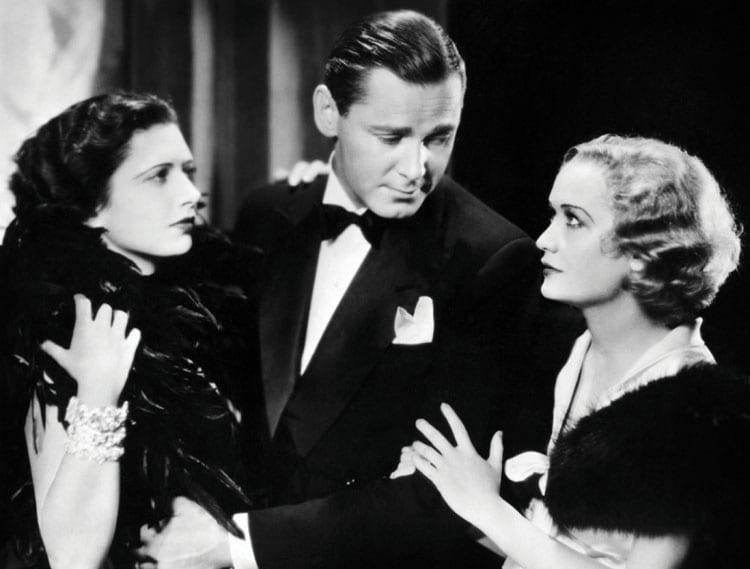
Trouble In Paradise (1932) – Ernst Lubitsch
Of all the names sadly lost to the current generation of film lovers, one of them is Ernst Lubitsch. More than a master of comedy he was a master of storytelling and characters. He made several masterpieces The Shop Around the Corner, To Be Or Not To Be, and Ninotchka to name a few.
Trouble In Paradise is a pre-code romantic comedy unlike any other. Preceding the fact that it is both deeply romantic and sensual it is also deeply insightful about how its characters and to some degree about us in the audience. Gaston Marceau (Herbert Marshall) is a renowned thief and conman. One night he seduces and attempts to rob Lily who is also a thief and con-woman. The two laugh and fall instantly in love over their shared amorality.
Gaston and Lilly plot to rob perfume magnate Madame Mariette Colet (Kay Francis). Things take a turn when Mariette begins to flirt with Gaston. Mariette is neither gullible or as dimwitted as Gaston had thought. Trouble In Paradise is the rare instance of an honestly believable love triangle. Lubitsch handles all of this in sublime visual style allowing the eroticism between Gaston and Colet to pulsate through the screen. A masterwork for any time period it’s proof positive that comedies can be funny, sexy, and smart without having to sacrifice one for the other.

